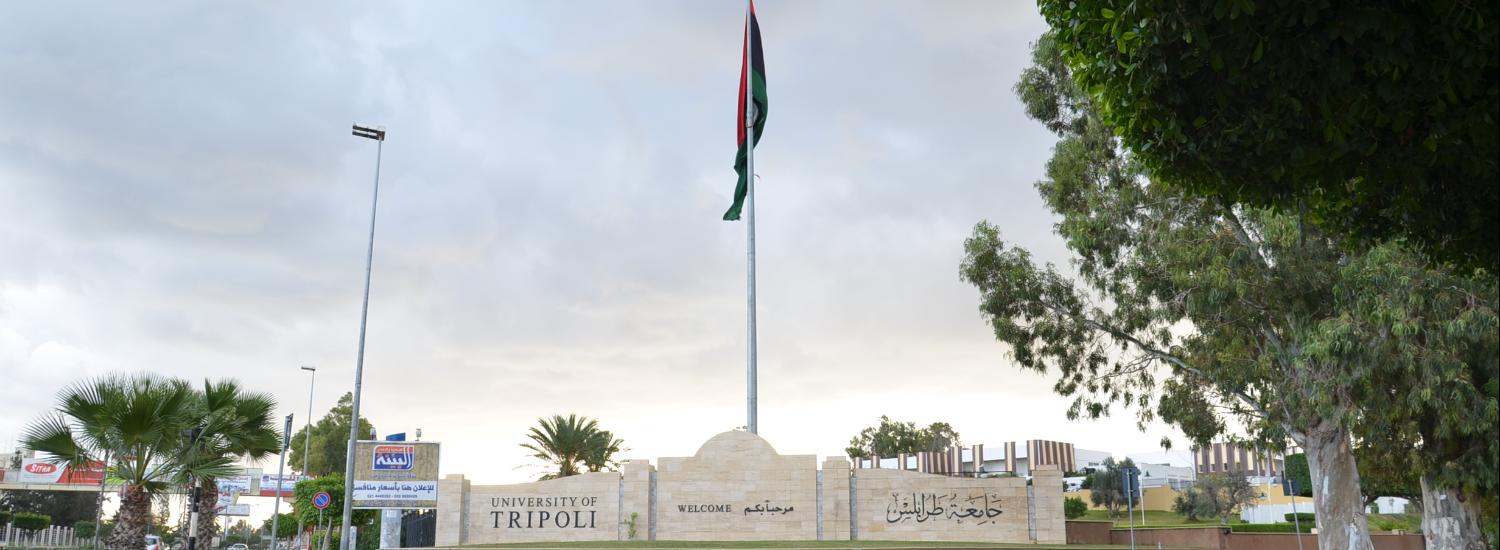faculty of Languages
More ...About faculty of Languages
Faculty of Languages
The Faculty of Languages was established in 1986/1987, under the name of the Language Center. In 1988, the former General People's Committee issued a Decision No. 245 of 1988 to change the name of the Center to the Faculty of Languages. In 2002, the Faculties of Languages, Social and Applied Sciences, and Education were merged together under the name “Faculty of Arts".
However, with the start of the Fall Term in 2008/2009, the academic activities of the Faculty of Languages were re-activated in all its levels pursuant to the decision of the former General People's Committee No. 535 of 2007 on the reorganization of universities and higher institutes. Since then, all language departments ended integration with the Faculty of Arts.
The Faculty of Languages in its second era includes six departments:
Department of Arabic Language
Department of English Language
Department of French Language
Department of Spanish Language
Department of Italian Language
Department of African Languages
Department of Translation
Facts about faculty of Languages
We are proud of what we offer to the world and the community
Publications
Academic Staff
Students
Graduates
Who works at the faculty of Languages
faculty of Languages has more than 161 academic staff members




Mr. MUSTFA Abdallah Abdrhman Basheer
محاضر في دراسات الترجمة يعمل بجد وإجتهاد، يركز على خلق بيئة إيجابية يمكن للطلاب التعلم فيها. يركز على دمج المعرفة متعددة التخصصات المدعومة بأمثلة من الحياة الواقعية في الفصل الدراسي لإشراك الطلاب من مختلف توجهات التعلم. مهتم بتطوير مهنة تجمع بين التدريس والبحث ، مع الحفاظ على المشاركة المجتمعية العامة في جوانب مختلفة.









